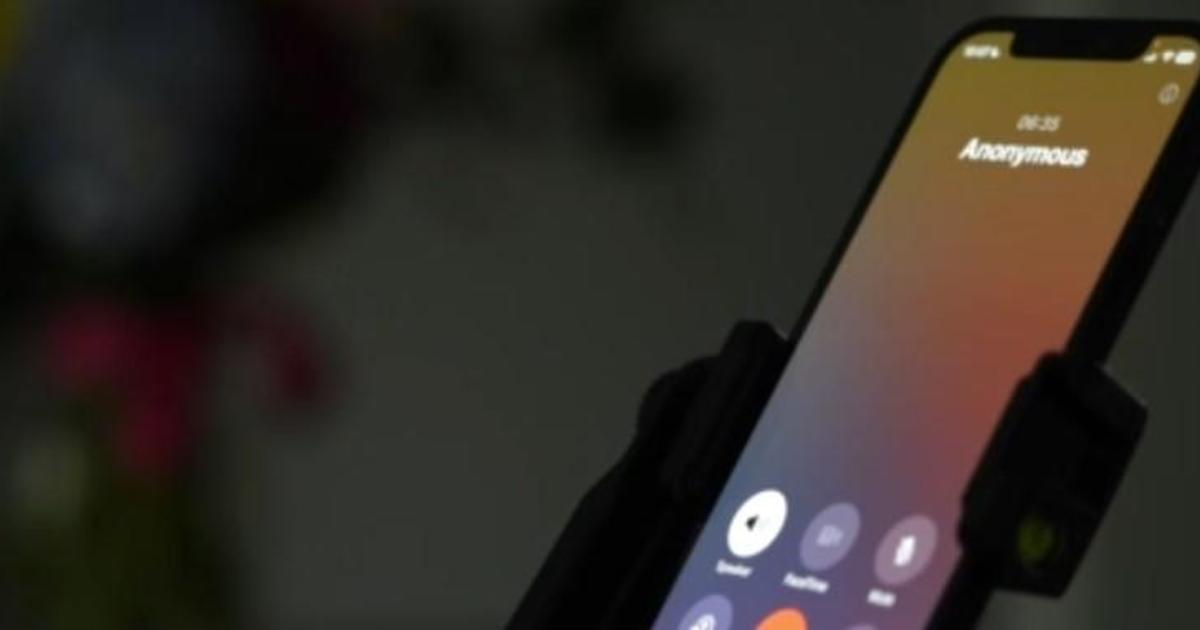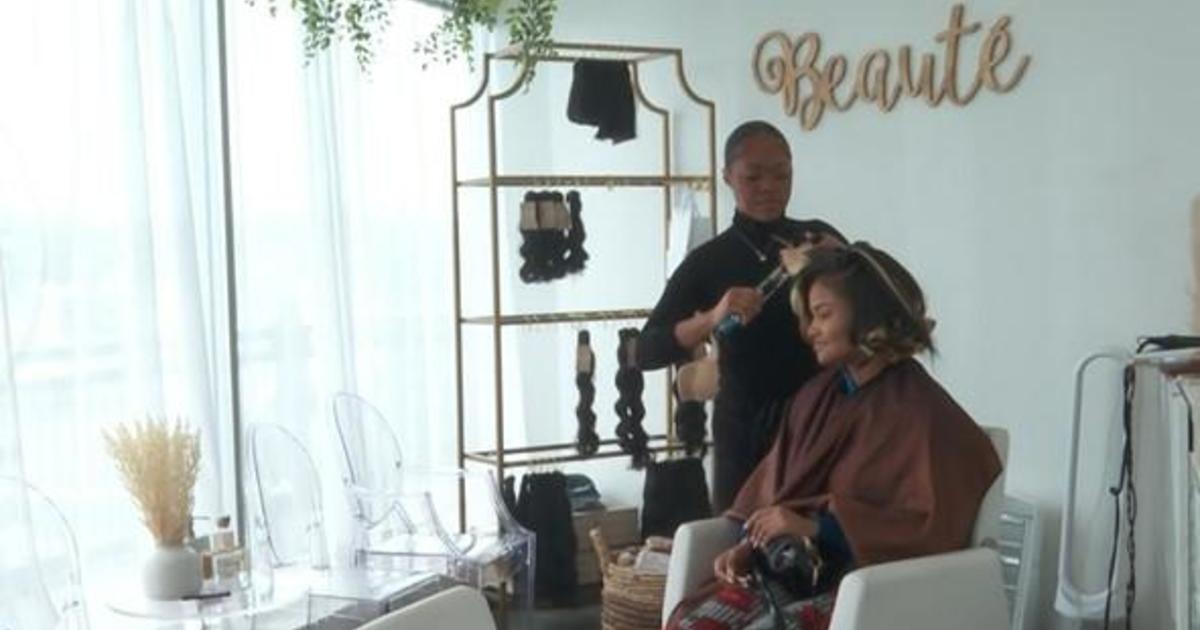Kids in Crisis: Mental health struggles elevated for LGBTQ+ youth, report by CDC shows
BALTIMORE -- Mental health struggles in youth are at an all-time high, but when it comes to LGBTQ+ youth, the numbers are even worse.
A new report from the CDC said nearly half of these youth in a survey have seriously considered suicide.
When it comes to his mental health, Gus Hughes' struggles started when he was young.
"I've had just a very up and down journey since a lot of that happened," he said. "Whenever I hit around three or four, I started going through a lot of abuse. That later developed into a bunch of trauma disorders."
He didn't get any real care until he was 11, only when his symptoms escalated.
"I was having panic attacks every single day. I was having flashbacks. I didn't sleep in my room for three months," Hughes said.
Hughes is a transgender gay man.
While not all of his struggles relate to his identity, how others -- including some of his family -- perceived him definitely did a number on his mental health.
In its Youth Risk Behavior Survey, the CDC found LGBTQ+ students continue to be more susceptible to violence victimization and suicide risk.
Melanie Scarff, a volunteer with NAMI Baltimore, the local branch of the National Alliance on Mental Illness, identifies as bisexual and queer, and said this trend isn't new.
"The LGBTQ+ community is at a higher risk for things like self-harm and suicide ideation and attempts," Scarff said. "Not because of their sexual orientations or their gender identity, but because of how they are perceived and received in the world."
With NAMI, she facilitates support groups, one of the many resources NAMI provides for LGBTQ+ youth.
NAMI likes to make sure their volunteers are as prepared as they can be to handle anyone looking for help.
"What we do is make sure our volunteers and our staff are really well-versed in understanding the complexities of growing up at someone who is LGBTQ+," said Clarissa Taylor Jackson, Director of Programs and Outreach at NAMI Baltimore.
When it comes to the LGBTQ+ community, Scarff said it's all about being open, to make people feel comfortable and safe.
"It's okay not to know what someone's specific experience is, or know things about their culture or their community or their identity," she said. "What we can do is ask. What we can do is create space for them to show up as themselves, and to listen."
Hughes, who also volunteers for NAMI, hopes for more funding for mental health resources.
"Being able to provide those resources early on can really help prevent issues later on in life. It can also alleviate some of the stress on the mental health system as well," he said.
On Feb. 17, state lawmakers recently introduced a package of legislation to improve mental health services in the state. It includes bolstering resources for youth.
NAMI Baltimore has a schedule online for their support groups, you can find that here.



